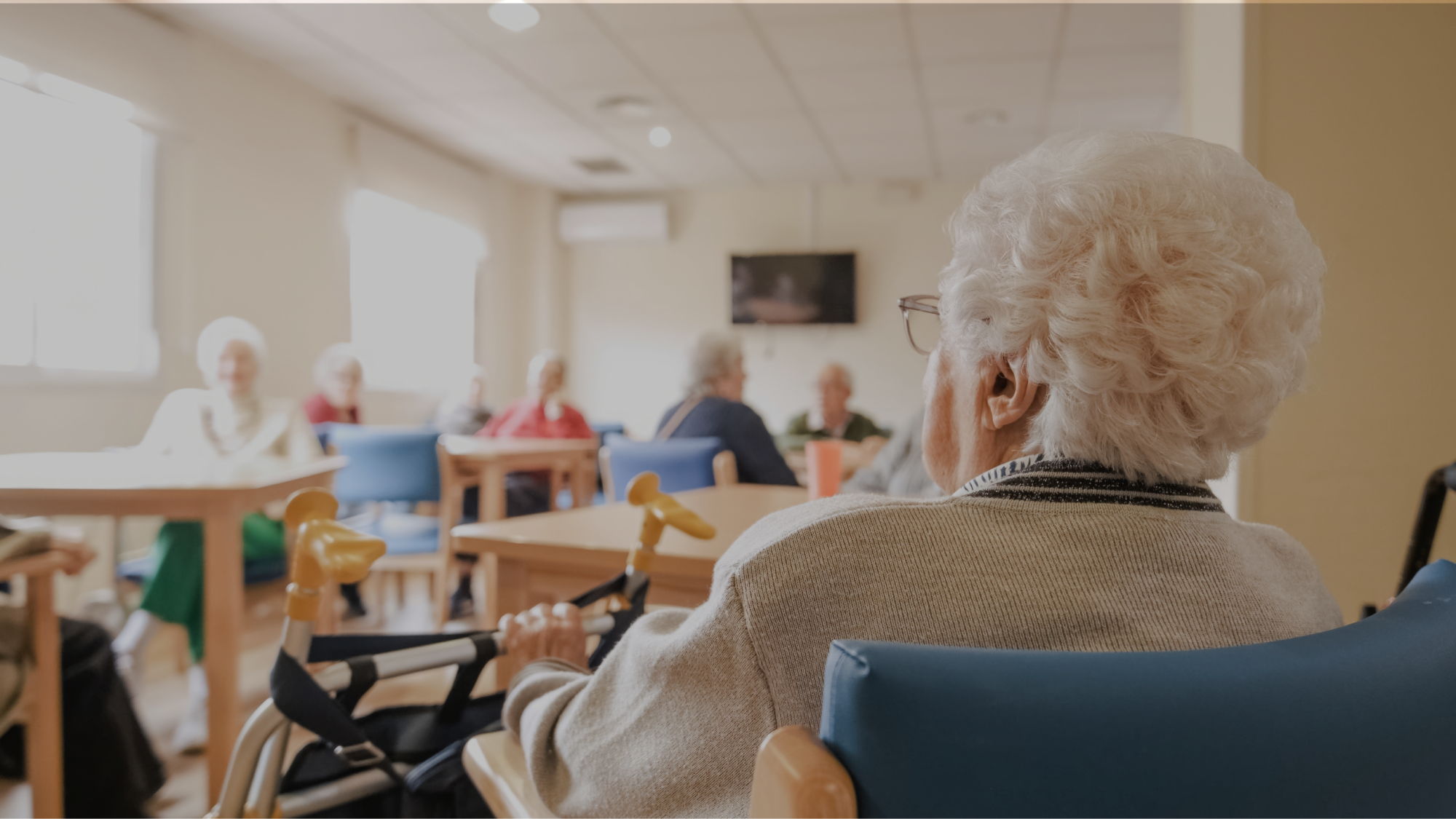Blog and news
Follow our latest news and updates on our blog
Follow our latest news and updates on our blog
Five insights for care teams going into this Winter

How to recognise signs of modern slavery in agency staff

Managing Your Agency Supply Chain

3 mistakes care leaders make when buying software (and how to avoid them)

How care home management software saves providers 5–10 hours a week

Why we built the all-in-one workforce management software for care providers

How care providers can stay resilient ahead of this Winter

If Your Staffing Agency Says VAT Doesn’t Apply, Think Again

Agencies Supplying Sponsored Workers to Your Care Home: What You Need to Know

Is Your Staffing Agency Interpreting VAT Guidelines Correctly and Could You Be at Risk?

Understanding Pension Auto-Enrolment for Agency Workers: A Guide for Healthcare Providers

Care Home Managers: What You Need to Know About Staff Breaks

Right to Work Checks: A Must-Know Guide for Healthcare Providers Using Agency Staff

Understanding the Platform Reporting Regulation: What It Means for Care Providers and Agencies Using Florence

12 ways you know you can trust your staffing agency

What the 2025 national minimum wage changes mean for health and social care—And tips to stay ahead

Why smaller care providers are missing out on neutral vendor platforms

Agency Worker Regulations (AWR)

The VAT confusion in health & care staffing